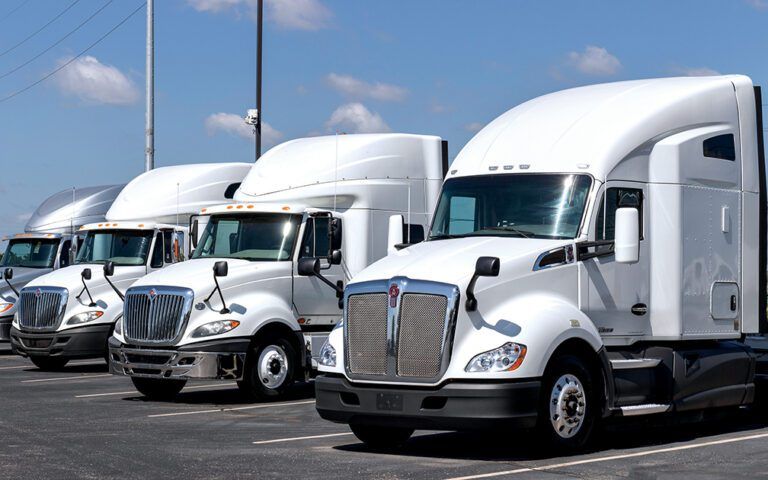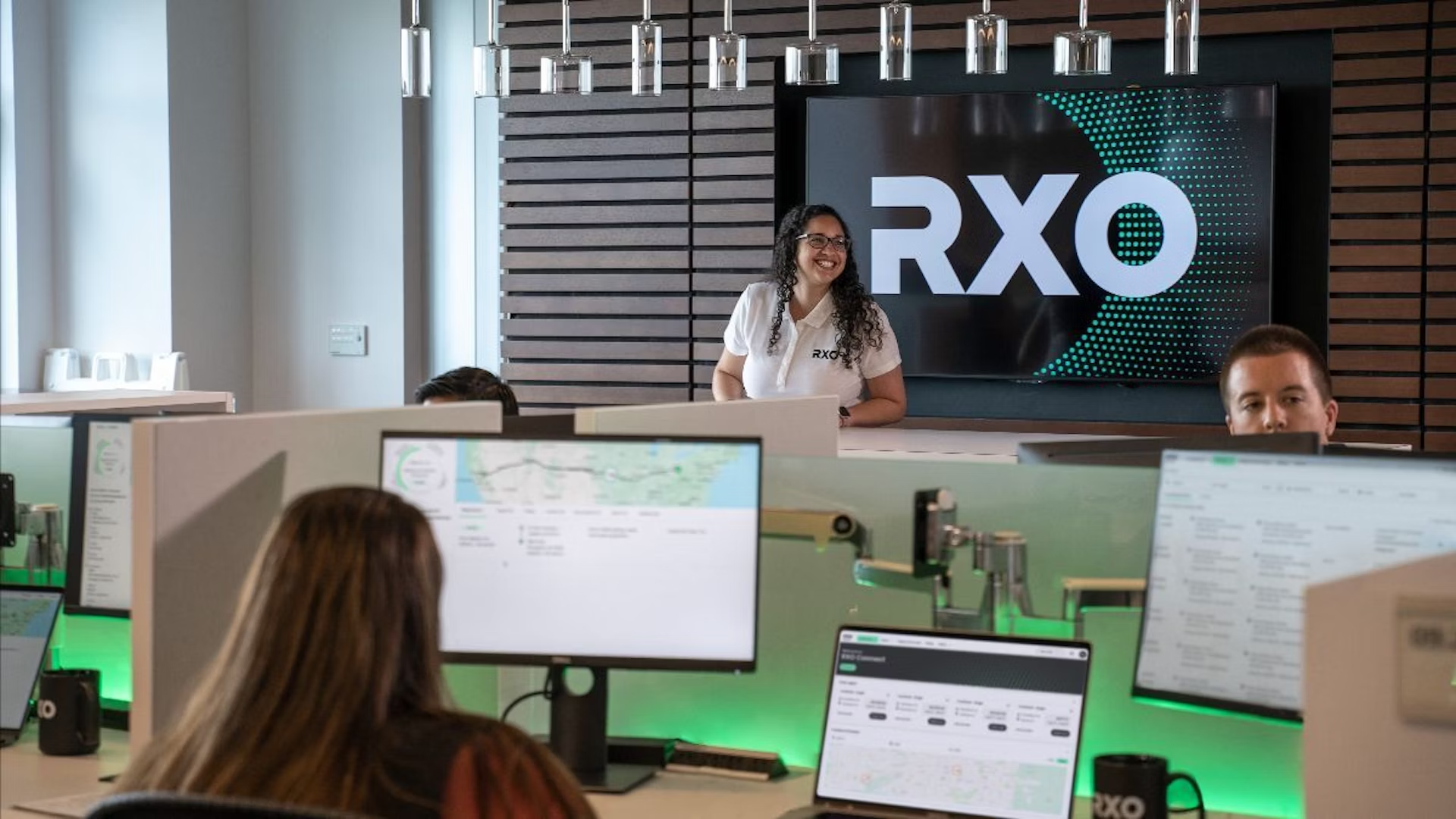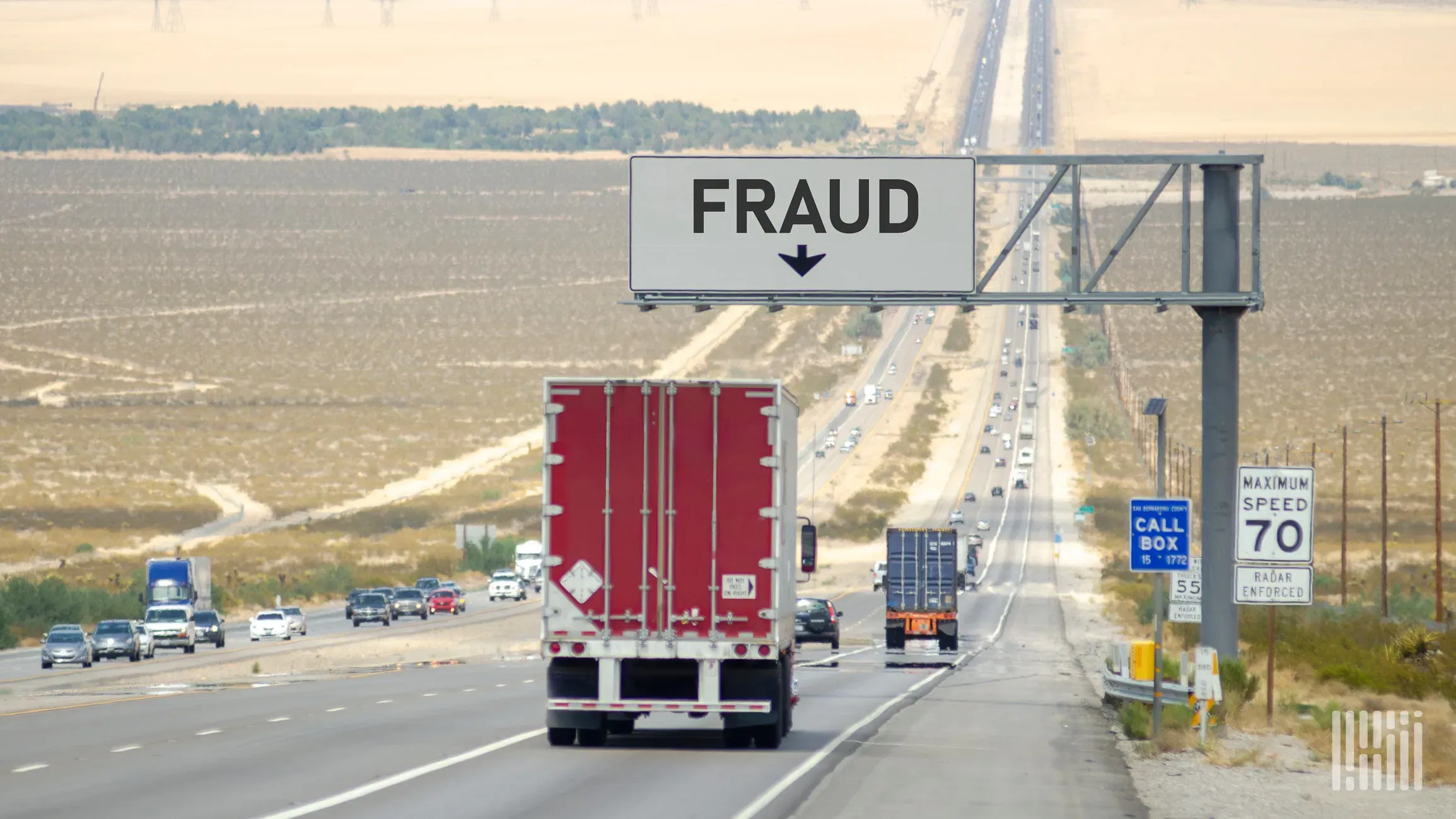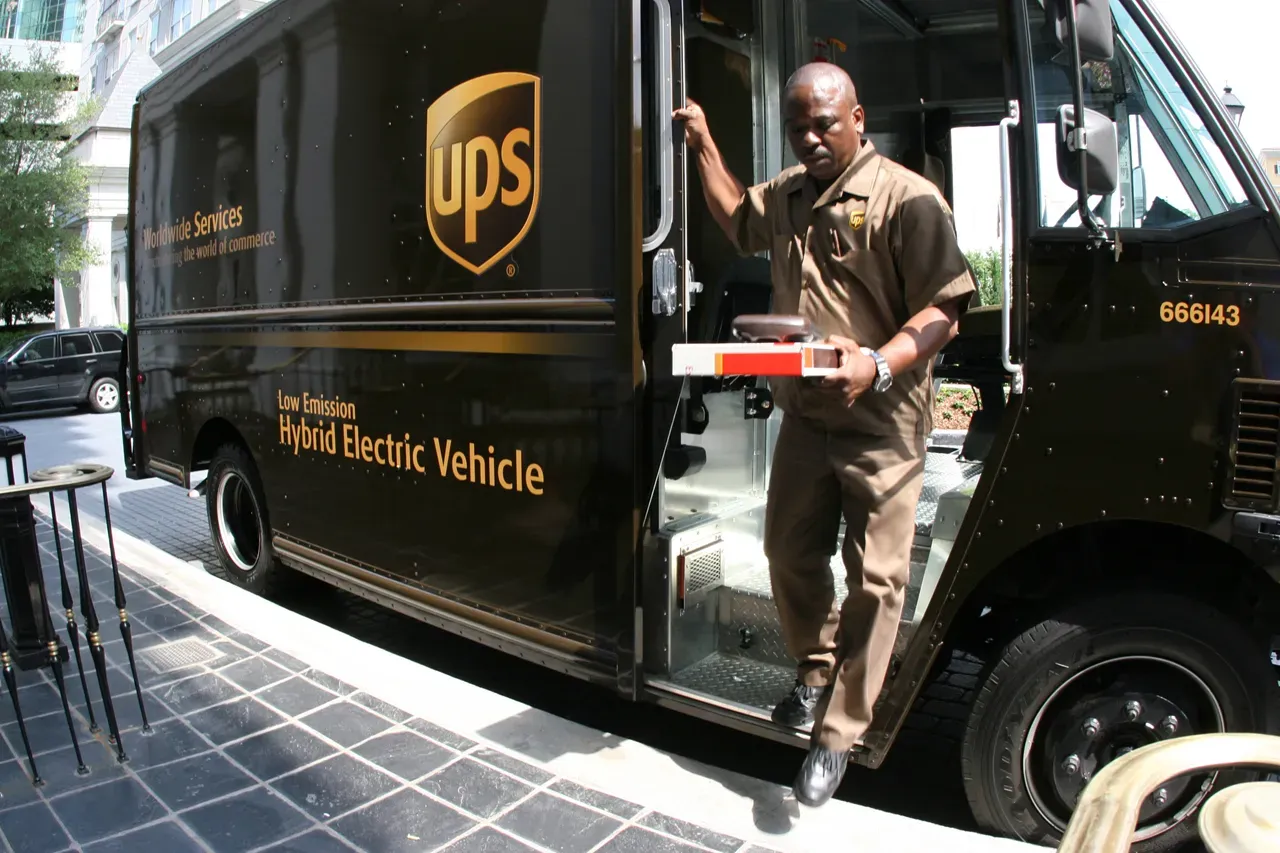
If trucking companies had a rough second quarter, truck manufacturers and dealers arguably had it worse. According to FTR’s latest estimates, June Class 8 orders hit just 8,900 units — down 25% from May and a whopping 36% from last year. July was better at 12,700 units, but still 7% below last year’s pace. Over the past 12 months, orders are off 15% year-over-year. Drag Cummins CEO Jennifer Rumsey told investors she expects heavy- and medium-duty truck volumes in North America to fall another 25–30% in Q3. OEMs are already cutting work weeks. She said the recovery depends on economic conditions, trade policies, and regulatory clarity.
Read more





RXO (NYSE: RXO) posted mixed second-quarter results, with a few encouraging signs despite a still-sluggish freight environment. Revenue came in at $1.41 billion, up from $930 million a year ago. The year-on-year comparison is skewed, though, because RXO’s acquisition of Coyote Logistics from UPS didn’t close until Q3 last year. Sequentially, revenue dipped slightly from $1.43 billion in Q1. Drag Gross margin was 17.8%, down from 19% a year ago but unchanged from the first quarter. Brokerage volumes rose 1% year-over-year, while full truckload volumes fell 12%. Less-than-truckload (LTL) volumes, however, surged 45% from the same quarter last year.

The phrase freight fraud is everywhere — in headlines, on LinkedIn posts, in industry chatter. But ask five people what it actually means, and you’ll likely get five different answers, most of them stopping at “stolen freight.” The problem is that the industry has stretched the term so far it no longer points to one clear issue. It’s become a vague catch-all for everything from double-brokering and identity theft to fake pickups, forged insurance certificates, phishing schemes, and doctored paperwork. The result? A real and dangerous problem has been reduced to a marketing buzzword.

UPS is giving its package van drivers a little extra time to decide whether to take a buyout. The company’s voluntary separation program, originally set to close on July 31, will now accept applications until August 14, according to the Teamsters union. The extension suggests the offer hasn’t drawn as many takers as UPS hoped. CEO Carol Tomé recently told investors the program has generated “a lot of interest,” but the company isn’t saying how many have signed up so far.